Mahalia Taje Giotto
Existential Boner
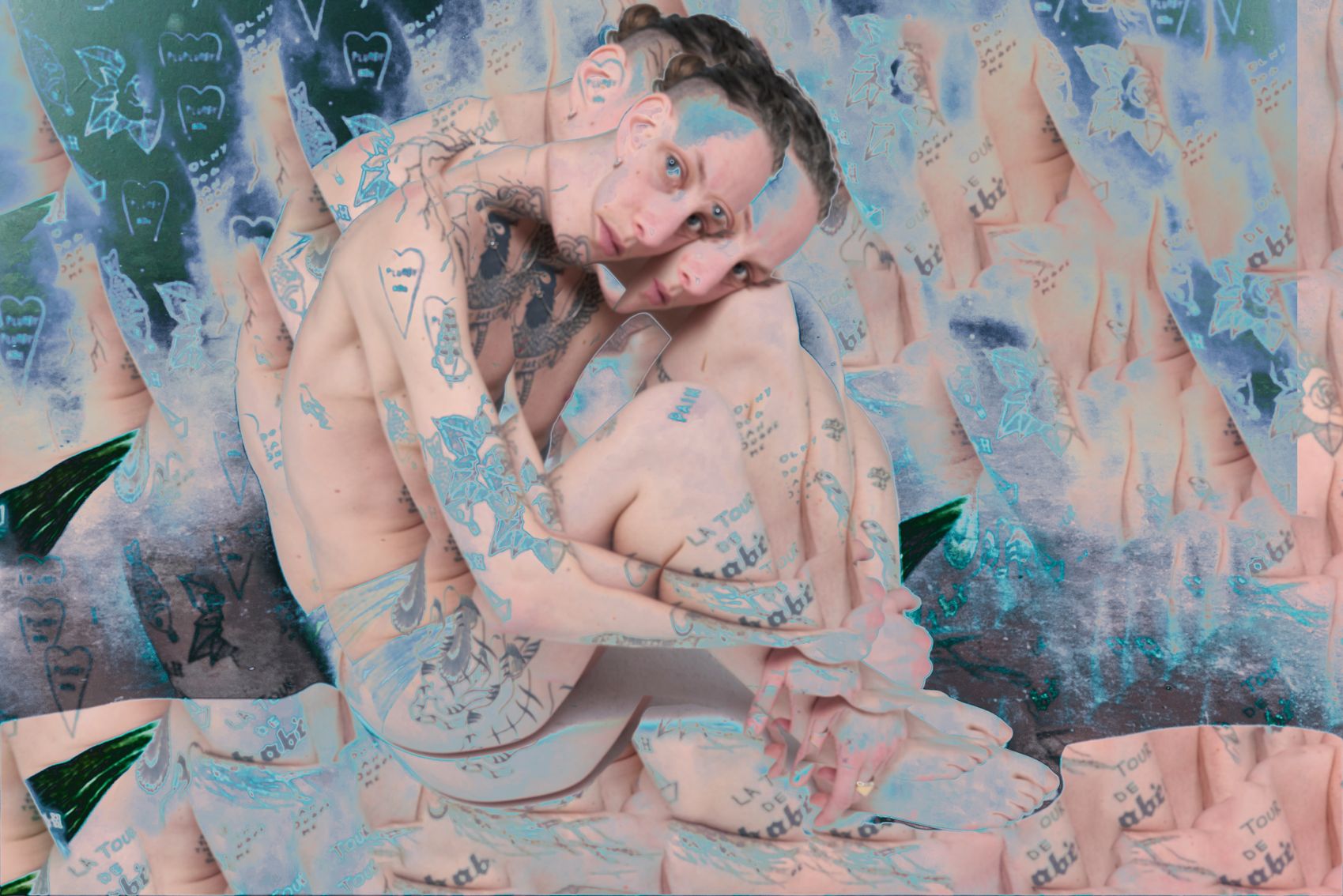
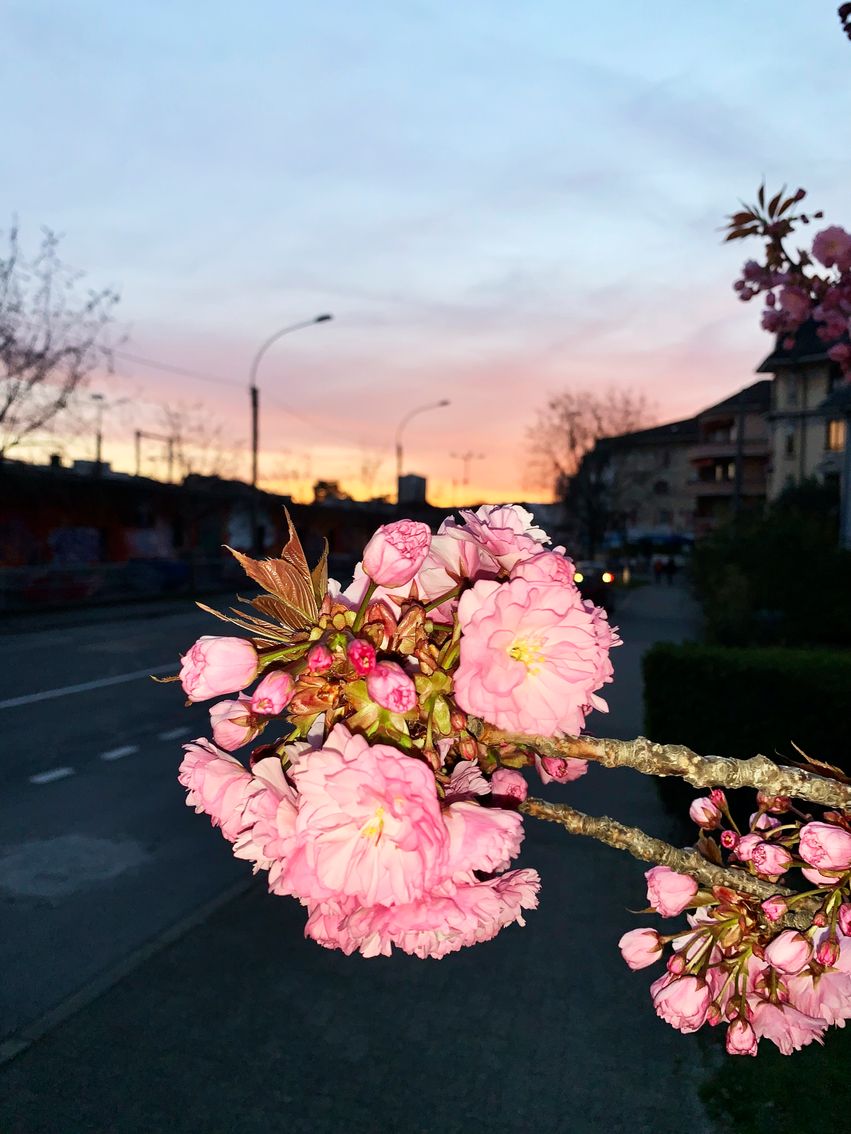
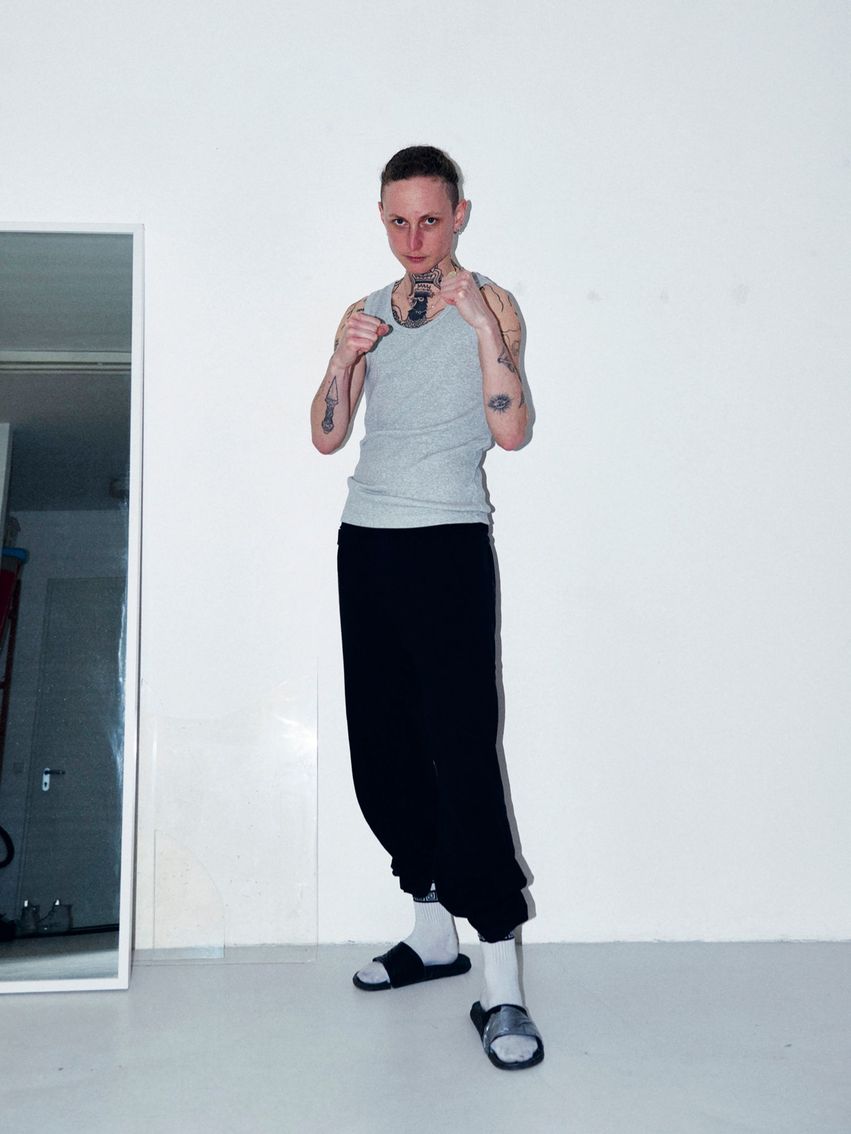
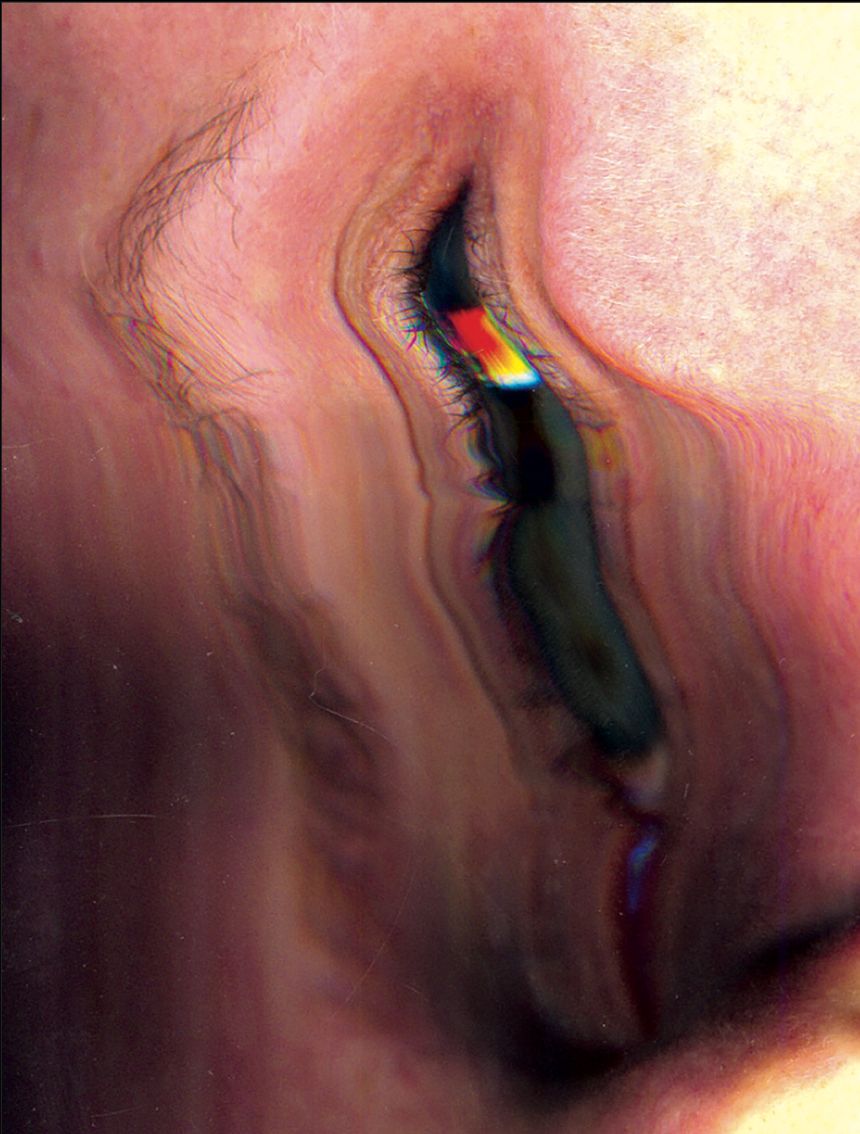
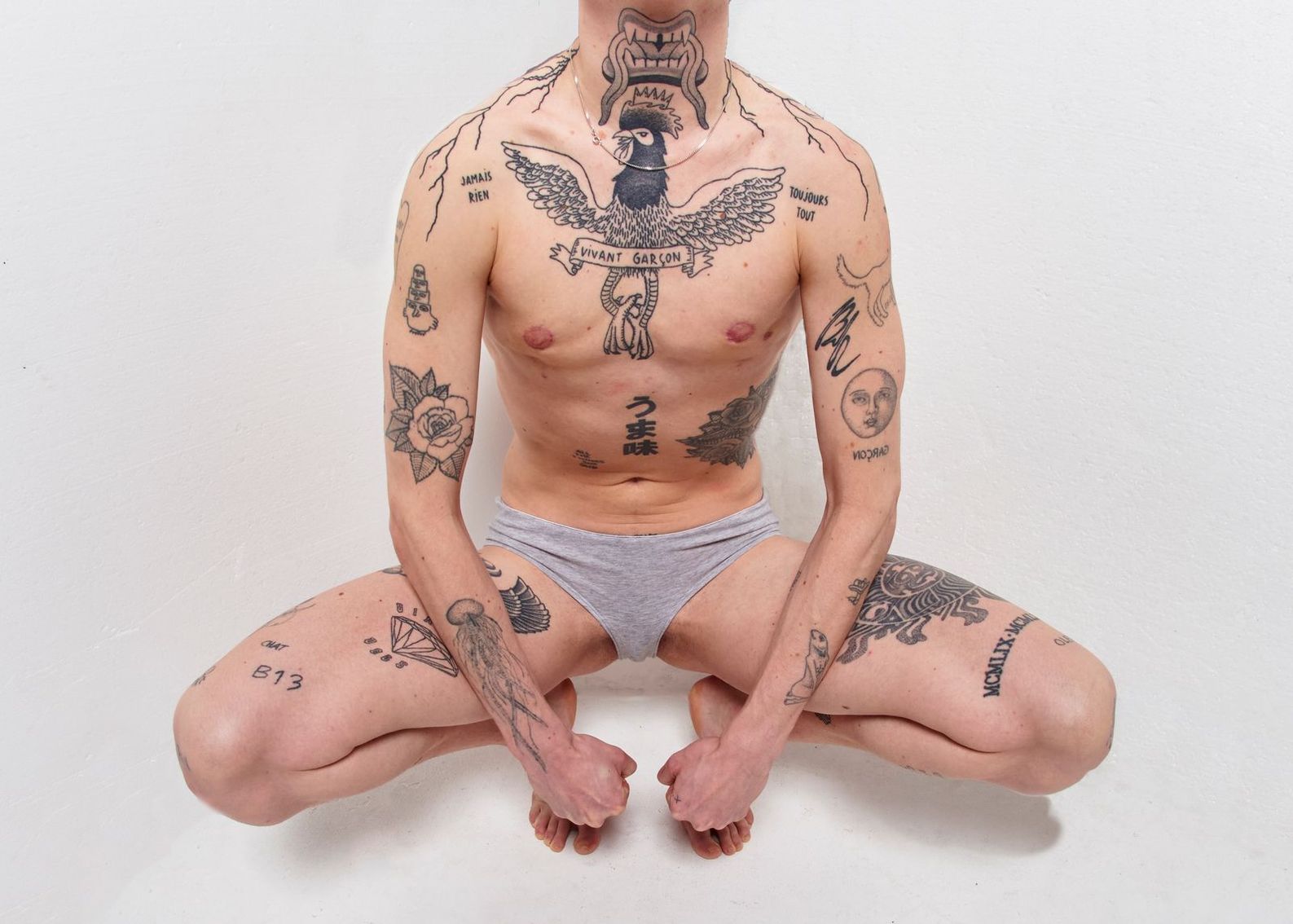
Exhibition Details
Mahalia Taje Giotto is and has always been a trans person. In November 2020, their gender-affirming hormone therapy begins, and so does Existential Boner: the relentless photographic documentation of their transition, identity and sexuality.
Taje’s body is everywhere: every portion of their skin is scrutinized, recorded, enlarged, multiplied, manipulated, overlayed with impulsively written words. The images’ never-ending rhythm follows that of their compulsive thoughts. “Everywhere I look, I see every small inch of my body,” they write in a diary page. “It is mine I guess. But it required a lot of alterations to actually feel some connection to it.” Each photograph is a fragment of a flow towards self-contact and affirmation. Within it, nothing is fixed: images and words run into each other, a celebration of continuous transformation.
Existential Boner is inspired by the work of 20th-century artists such as Helena Almeida, Francesca Woodman, Barbara Kruger, Cindy Sherman, and many others. It brings them closer to a time of webcams and front-facing phone cameras, potentially always pointing at us. In Taje’s production, the constant confrontation with one’s own image is turned into a sharp tool. Exhausting every angle, it shows us how a photograph is not a body, and vice versa. But also how at the same time, if we take control of them, images can serve us in reclaiming our identity, sculpting it until it truly becomes ours.
About the Author
Mahalia Giotto (Switzerland, 1992), aka Taje, graduated in International Relations from the University of Geneva in 2017 before pursuing photography at CEPV in Vevey in 2019, and then graduating from ECAL in Lausanne in 2022. As a young adult, they came out as transgender and identified as non-binary. Believing that the personal is political, Taje's work offers insights into their thoughts and experiences on gender, sexuality and identity and aims to question the power system and its binary structures.
 Trajectories →
Trajectories → The Skeptics →
The Skeptics → Anatomy Of An Oyster →
Anatomy Of An Oyster → CLOSER →
CLOSER → Screening Room →
Screening Room → Disruptions →
Disruptions → The Studio →
The Studio → Only In Good Taste →
Only In Good Taste → Grande Padre →
Grande Padre → Octopus’s Diary →
Octopus’s Diary → Decalcomania →
Decalcomania → Close-up →
Close-up → High Seas, High Hopes →
High Seas, High Hopes → Two Ways To Carry A Cauliflower →
Two Ways To Carry A Cauliflower → Dummies & Books From FOLIO 2024 →
Dummies & Books From FOLIO 2024 → Härmä / Hoar →
Härmä / Hoar →